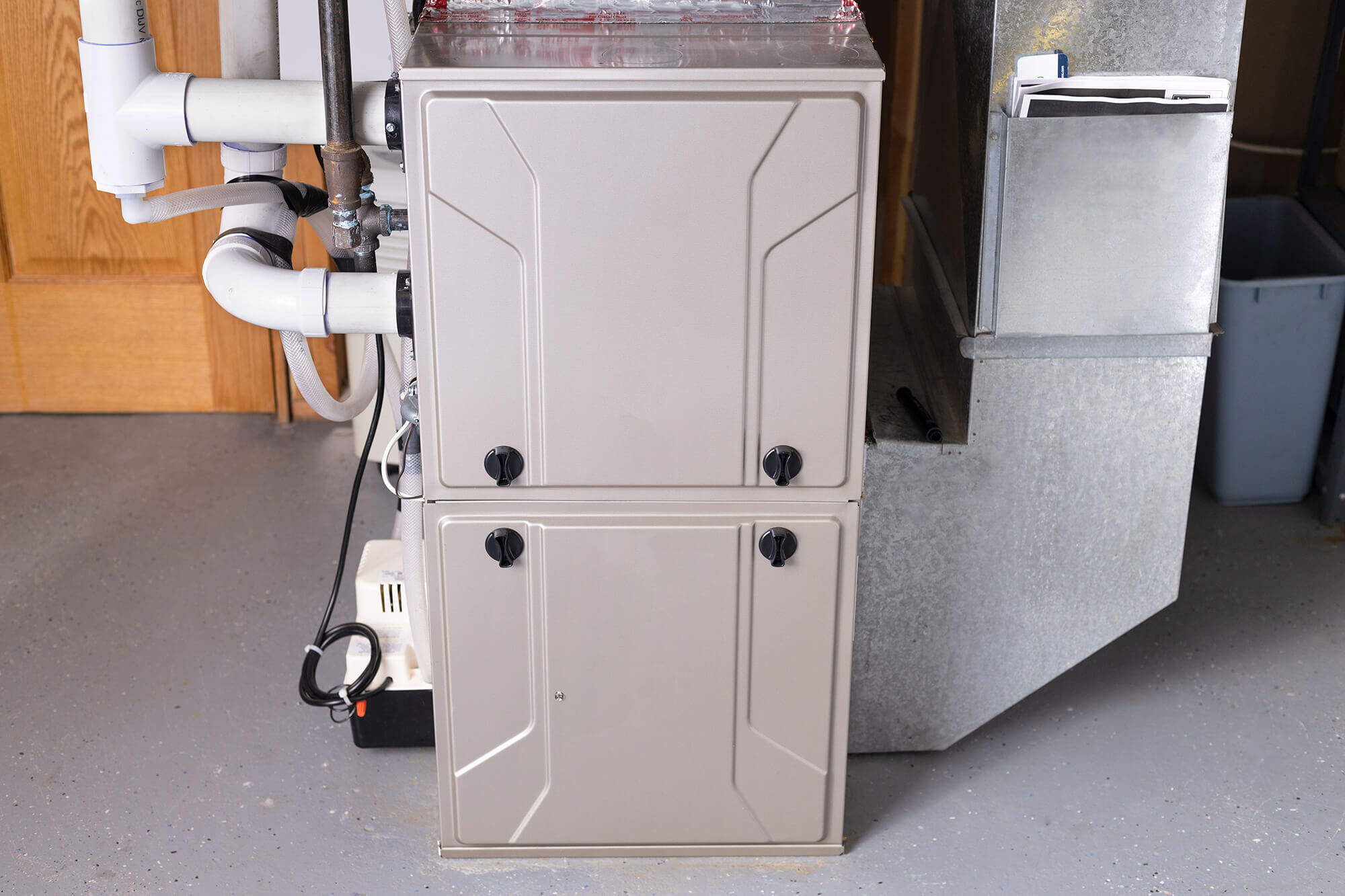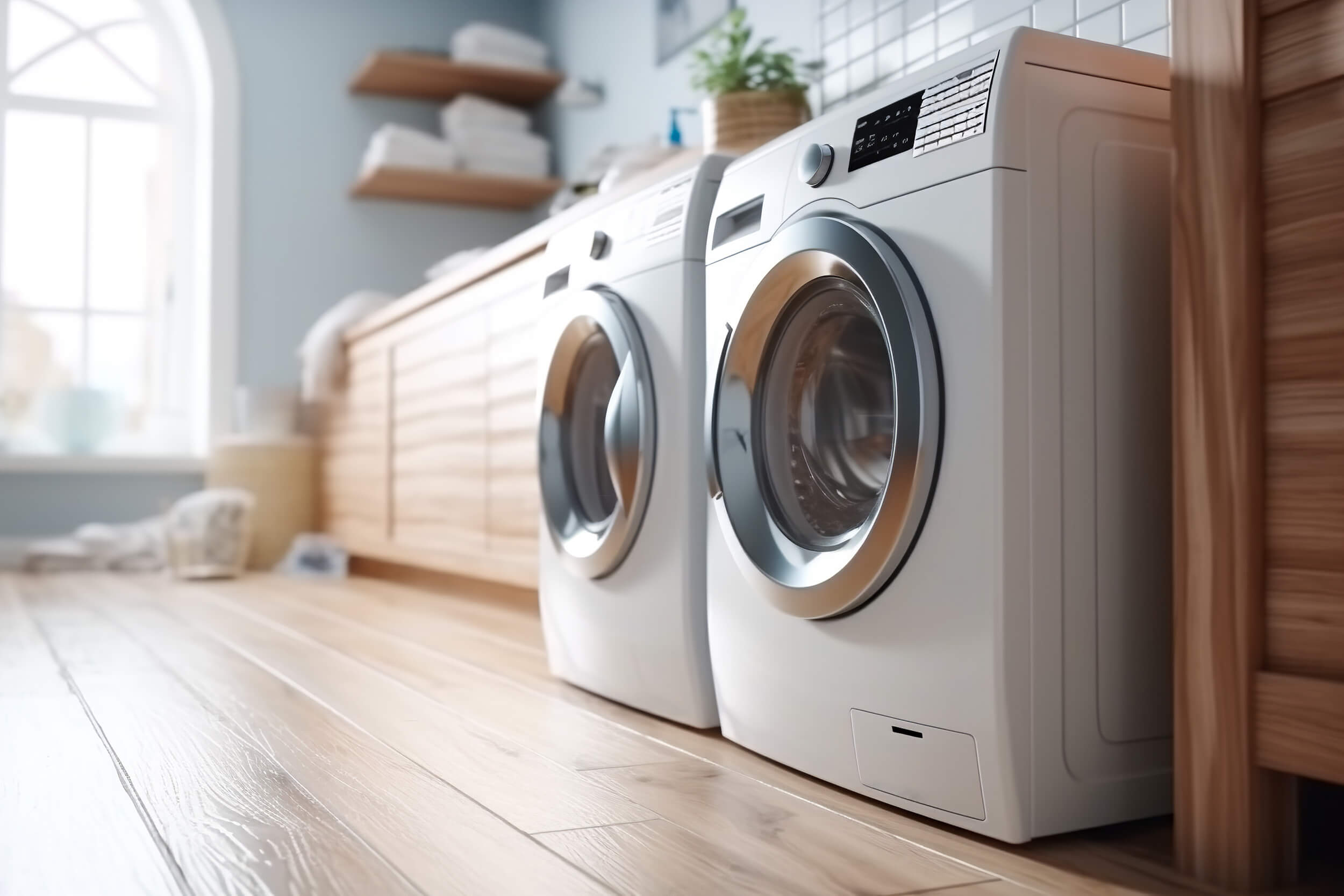FOR IMMEDIATE RELEASE
September 26, 2006
CONTACT:
Andrew deLaski, ASAP, 617-515-7755
Steven Nadel, ACEEE, 202-429-8873, x709
Kit Kennedy, NRDC, 212-727-2700
Environmental & Energy Groups Praise Industry Leaders: Improved Transformer Standards Would Help Grid Reliability, Cut Pollution, Save Billions of Dollars
Washington, D.C. -- Environmental and energy efficiency advocates today praised eight utility companies for supporting strong, new national energy efficiency standards for electric distribution transformers.
In a letter to U.S. Energy Secretary Samuel Bodman, the companies (PNM Resources, Exelon, Public Service Electric and Gas, Pacific Gas and Electric, Baltimore Gas and Electric, New York Power Authority, Sacramento Municipal Utility District, and Snohomish Public Utility District #1) urged the Department to substantially strengthen the agency's proposal for transformer minimum-efficiency standards.
"For these utilities, energy efficiency is more than just a feel good slogan," said Katherine Kennedy, Senior Attorney, Natural Resources Defense Council. "They are calling for tougher efficiency standards for equipment that they have to buy. That's because they understand that the federal government's weak proposal would leave billions in energy savings and huge gains in system reliability sitting on the table. By being the first utilities to step up and support a strong standard on transformers, these leaders are showing the rest of the industry how to walk the walk on efficiency."
More than 40 million distribution transformers located on utility poles and cement pads across the United States serve the crucial function of reducing electricity voltage to the levels needed to power homes and businesses. In August, DOE proposed a weak standard that falls substantially short of the levels the agency's own study shows would maximize economic savings. The agency is accepting comments through October 18th and will name the final standard next year.
Because all power travels through one or more transformers, even slight improvements in efficiency can yield huge savings. According to the DOE study, the standard supported by the companies would save 459 billion kilowatt-hours (about 50% more than the DOE proposal) and net $11.1 billion in savings (about $1.7 billion more than the DOE proposal) over 28 years. Once fully implemented, the annual electricity savings would be roughly enough to power all the households in Iowa.
"These leaders' support for standards affecting equipment they themselves must purchase shows them to be true champions for improving power reliability and cutting energy waste," said Kateri Callahan, President, Alliance to Save Energy. "These companies recognize that advancing energy efficiency through cost-effective, minimum standards for appliances and equipment is essential to meeting our nation's growing energy needs in a way that keeps costs low for consumers and protects the environment."
Last summer, more than 3,000 distribution transformers failed during the heat wave in California leading to widespread outages. Because more efficient transformers waste less energy, they run cooler and can better withstand overload situations that can trigger power outages. The stronger standard would reduce peak electric demand by 6,600 megawatts and, over 28 years, cut 250 million tons of global warming carbon emissions, 71,000 tons of smog-forming nitrogen oxides, and 4.5 tons of highly toxic mercury.
"Many utility companies have supported strong standards for consumer products like refrigerators," said Susan Coakley, Executive Director, Northeast Energy Efficiency Partnerships, Lexington, Massachusetts. "It's refreshing that these eight are standing up for improved efficiency when they are the prime purchasers of these products."
The companies' letter notes that DOE's own published analysis shows the higher standard to minimize overall costs for transformer purchasers and that, in the past, this "minimum lifecycle cost" point has usually determined the new standard.
"These companies are rightly insisting that DOE set standards that minimize the total costs to purchase, own, and operate a transformer over its entire life," said Steven Nadel, Executive Director, American Council for an Energy-Efficient Economy. "That's the approach taken by DOE for more than fifteen years—there is no reason transformers should be any different."
Transformers last 30 to 50 years, but due to an aging electricity system infrastructure, a very large number of transformers will need replacement in the years ahead.
"We urge the rest of the utility industry to follow the leadership of these eight companies," said Andrew deLaski, Executive Director, Appliance Standards Awareness Project. "Every utility company in the country should be getting behind standards that will improve reliability, save money, and help protect the environment for a very, very long time."
# # #
About NRDC: The Natural Resources Defense Council (NRDC) is a national, nonprofit organization of scientists, lawyers, and environmental specialists dedicated to protecting public health and the environment. Founded in 1970, NRDC has 1.2 million members and online activists nationwide, served from offices in New York, Washington, Los Angeles and San Francisco.
About ASE: The Alliance to Save Energy (ASE) is a coalition of prominent business, government, environmental, and consumer leaders who promote the efficient and clean use of energy worldwide to benefit consumers, the environment, economy, and national security.
About NEEP: Northeast Energy Efficiency Partnerships (NEEP) is a regional nonprofit organization founded in 1996. Their mission is to promote energy efficiency in homes, buildings, and industry in the Northeast U.S. through regionally coordinated programs and policies that increase the use of energy-efficient products, services, and practices, and that help achieve a cleaner environment and a more reliable and affordable energy system.
About ACEEE: The American Council for an Energy-Efficient Economy (ACEEE) is an independent, nonprofit organization dedicated to advancing energy efficiency as a means of promoting both economic prosperity and environmental protection. For information about ACEEE and its programs, publications, and conferences, contact ACEEE, 1001 Connecticut Avenue, N.W., Suite 801, Washington, D.C. 20036-5525 or visit http://aceee.org.
About ASAP: The Appliance Standards Awareness Project (ASAP) is a coalition group dedicated to advancing cost-effective energy efficiency standards for appliances and equipment. ASAP works at both the state and federal levels and is led by a Steering Committee with representatives from consumer groups, utilities, state government, environmental groups, and energy efficiency groups. For information about ASAP, contact ASAP, 20 Belgrade Avenue, Suite 1, Boston, MA 02131 or visit http://standardsASAP.




